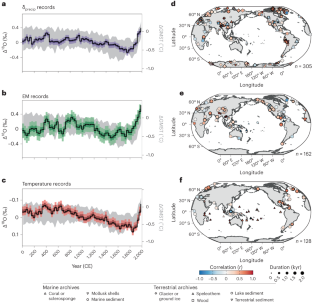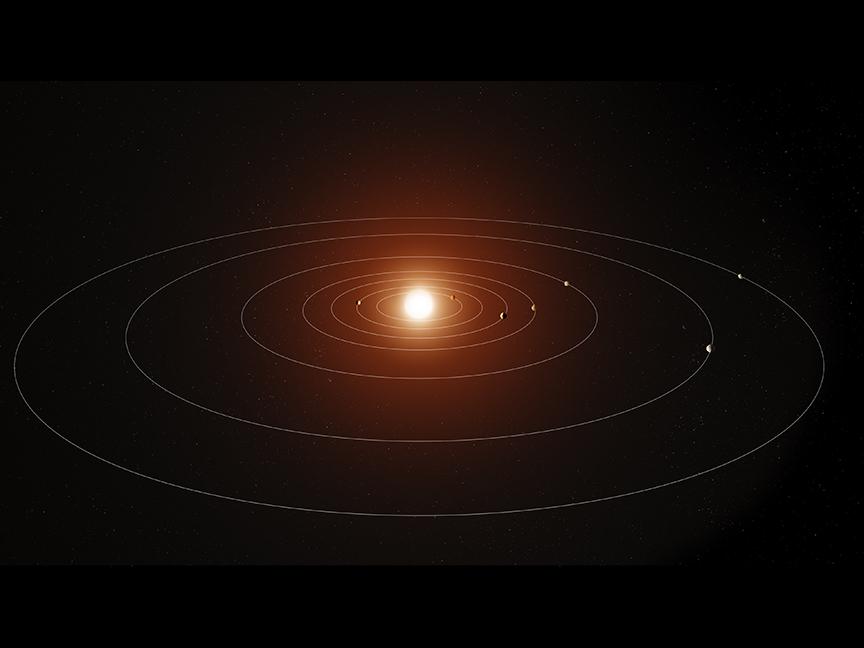2023-11-03 ライス大学
◆この研究は、水循環が複雑で地理的に変動が大きいため、過去の降水の変化を評価するのが難しいという課題に取り組み、水循環の変動に関する貴重な情報を提供しました。
◆研究チームは世界中から多くのデータを収集し、759の異なる時系列データを統合して、水同位体プロキシ記録の世界最大のデータベースを作成しました。これにより、将来の降水パターンの理解や気候モデルの精度の評価が可能になります。この研究は、気候変動と水資源管理において重要な知見を提供しています。
<関連情報>
- https://news.rice.edu/news/2023/global-temperature-variations-impact-planets-water-cycle
- https://www.nature.com/articles/s41561-023-01291-3
過去2千年間の気温変化に対する地球規模で首尾一貫した水循環応答 Globally coherent water cycle response to temperature change during the past two millennia
Bronwen L. Konecky,Nicholas P. McKay,Georgina M. Falster,Samantha L. Stevenson,Matt J. Fischer,Alyssa R. Atwood,Diane M. Thompson,Matthew D. Jones,Jonathan J. Tyler,Kristine L. DeLong,Belen Martrat,Elizabeth K. Thomas,Jessica L. Conroy,Sylvia G. Dee,Lukas Jonkers,Olga V. Churakova (Sidorova),Zoltán Kern,Thomas Opel,Trevor J. Porter,Hussein R. Sayani,Grzegorz Skrzypek & Iso2k Project Members
Nature Geoscience Published:02 November 2023
DOI:https://doi.org/10.1038/s41561-023-01291-3

Abstract
The response of the global water cycle to changes in global surface temperature remains an outstanding question in future climate projections and in past climate reconstructions. The stable hydrogen and oxygen isotope compositions of precipitation (δprecip), meteoric water (δMW) and seawater (δSW) integrate processes from microphysical to global scales and thus are uniquely positioned to track global hydroclimate variations. Here we evaluate global hydroclimate during the past 2,000 years using a globally distributed compilation of proxies for δprecip, δMW and δSW. We show that global mean surface temperature exerted a coherent influence on global δprecip and δMW throughout the past two millennia, driven by global ocean evaporation and condensation processes, with lower values during the Little Ice Age (1450–1850) and higher values after the onset of anthropogenic warming (~1850). The Pacific Walker Circulation is a predominant source of regional variability, particularly since 1850. Our results demonstrate rapid adjustments in global precipitation and atmospheric circulation patterns—within decades—as the planet warms and cools.



